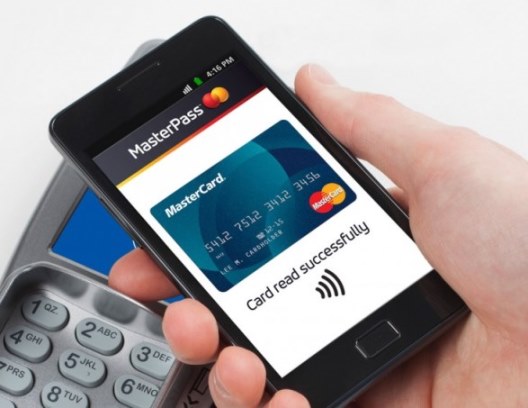There was a time, seemingly not long ago, when Joe Royal felt he should only use his debit card for larger purchases.
These days, however, the 44-year-old from Indiana has no qualms about swiping his card to pay for a $1.49 pack of chewing gum at a 7-Eleven store. And, although the store owner has to share a percentage of that sale with the credit card processor, cashiers do not seem to mind, possibly because they have now grown so used to the process.

Royal can go days without seeing any cash at all. His paycheck is direct-deposited into his checking account. He pays for gasoline at the pump. He pays highway tolls with a device mounted on his windshield that pulls money from his checking account each month. A website feeds his children’s school lunch money cards from his checking account when the balance reaches the minimum amount that he has chosen. He pays his bills online.
His credit union gives him a cash rebate when he uses his debit card as a credit card, giving him more incentive to use the card wherever possible.
Of course, Royal is far from alone. From America to Zimbabwe, the world is slowly but steadily changing to a cashless society. We do not even need a card any more, thanks to payment methods from Apple, Google and Microsoft that let us simply swipe our phone across a sensor.
Royal says he never intentionally stopped using cash. “I just realized one day that it had just kind of happened,” he says.
Royal still has the freedom to choose whether he wants to use cash, but many observers fear that this will not always be the case. Governments and mega-corporations, such as MasterCard, are working hard to abolish cash. MasterCard is pushing the War on Cash agenda with its “Cashless Journey” project, which deploys a website and public relations campaign to spread the message that cash is inconvenient and invites theft and tax evasion. It urges “government focus and technological innovation” to hasten the death of cash.
Cashless payment methods can be convenient but a growing number of experts are urging governments to always preserve cash as an option because of its utility for small transactions and its use by poor people who lack access to financial institutions.
It is not hard to find examples of nations trying to pave the way toward the extinction of cash. Last year, the government of Denmark announced a proposal to exempt some types of retailers from the requirement that they accept cash, arguing that it costs too much to process and poses unnecessary security risks.
In 2013, Canada stopped circulating the penny, a move some fear is a precursor to phasing out cash.
Governments claim that they are waging their War on Cash in pursuit of greater efficiency but critics suspect a darker motive. In a world of strictly digital transactions, the state will know exactly how each citizen spends his or her money. Harnessing that information will give governments an even greater power than they already exercise.
While these trends are unsettling, there is reason for hope. Like so many futile efforts before – think the wars on drugs, terrorism and prostitution – the War on Cash is likely to be destined to fail.
People are already so cynical about government and their political leaders that it is difficult to imagine that they will easily give up their right to use cash.
